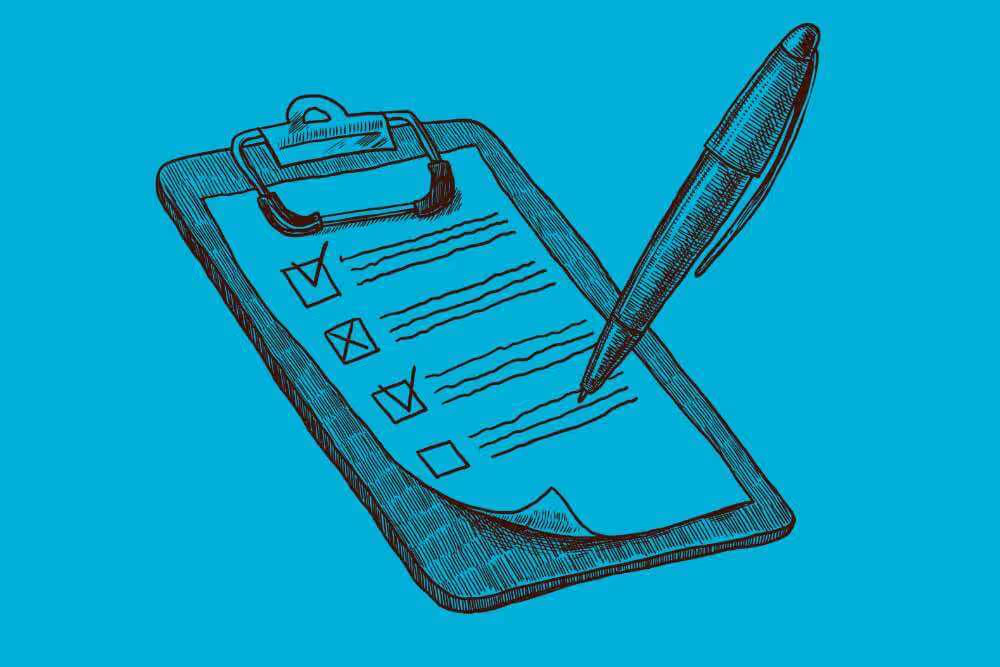You Don't Need a Diagnosis to Deserve Support
Key Takeaway
You Deserve Support, Period.
One of the biggest misconceptions about mental health care is that you need to have a diagnosed mental health condition to seek help. This simply isn't true. You don't need to meet diagnostic criteria, have severe symptoms, or be in crisis to deserve support. Mental health care is for anyone who wants to improve their emotional wellbeing, develop better coping skills, or navigate life's challenges more effectively.
Normal Responses to Abnormal Situations
Life presents us with situations that are genuinely difficult to handle. Job loss, relationship problems, grief, major life transitions, chronic illness, financial stress, family conflicts—these experiences naturally affect our mental health. Feeling anxious, sad, overwhelmed, or angry in response to these situations isn't a sign that something is wrong with you. It's a sign that you're human.
Sometimes what we label as mental health "symptoms" are actually normal responses to abnormal or stressful situations. Your brain is doing exactly what it's designed to do: responding to threats and challenges. The problem isn't necessarily your response—it might be the situation itself.
Even when your reactions feel "normal," that doesn't mean you have to handle everything on your own. Professional support can help you:
- Process difficult emotions more effectively
- Develop healthier coping strategies
- Gain perspective on challenging situations
- Build resilience for future difficulties
- Prevent temporary stress from becoming chronic problems
When "Subclinical" Still Matters
Mental health professionals use terms like "subclinical" or "subthreshold" to describe experiences that cause distress but don't meet full diagnostic criteria. You might have some symptoms of depression without having major depressive disorder, or experience anxiety that impacts your life without having an anxiety disorder.
These experiences are still significant. They still affect your quality of life, relationships, work performance, and overall happiness. You don't need to wait until your symptoms become severe enough for a diagnosis to seek help. In fact, early intervention often prevents problems from worsening and makes treatment more effective.
The Myth of "Not Sick Enough"
Many people avoid seeking help because they don't feel "sick enough" or worry they're taking resources away from people who "really need it." This thinking is both harmful and inaccurate.
Mental health care isn't rationed like emergency room services. Therapists, counselors, and support groups exist to help people at all levels of distress. Getting help when you're struggling but functional is often more effective than waiting until you're in crisis.
Consider these scenarios where professional support can be valuable even without a diagnosis:
- Going through a difficult divorce or breakup
- Adjusting to a new job, city, or major life change
- Dealing with family conflicts or relationship issues
- Processing grief after losing someone important
- Managing work stress or burnout
- Navigating parenting challenges
- Working through past experiences that still affect you
- Wanting to build better communication or coping skills
Seeking Help Is a Strength, Not a Weakness
There's still stigma around mental health care, but seeking help actually demonstrates several strengths:
Self-awareness: Recognizing when you're struggling and could benefit from support shows emotional intelligence and insight.
Problem-solving skills: Identifying available resources and taking action to use them is effective problem-solving.
Courage: It takes bravery to be vulnerable with another person and work on difficult issues.
Self-advocacy: Prioritizing your mental health shows that you value yourself and your wellbeing.
Resource utilization: Using available tools and support systems is a valuable life skill that serves you in many areas.
Types of Mental Health Support Available
Mental health support comes in many forms, and you can choose what works best for your needs and situation:
Professional therapy includes individual counseling, group therapy, couples counseling, and family therapy. Many therapists offer sliding-scale fees or accept insurance.
Support groups bring together people facing similar challenges. These can be professionally led or peer-run, and many are free.
Crisis services like crisis hotlines, text lines, and chat services are available 24/7 for immediate support.
Community resources include faith-based counseling, community mental health centers, and programs through libraries or community centers.
Online resources offer everything from therapy apps to online support communities to educational materials.
Employee assistance programs through your workplace often provide free counseling sessions.
Student services at schools and universities typically include mental health support.
There is mental health support beyond the VA. Check out a few of the options available to you.
How to Take the First Step
If you're considering seeking mental health support but aren't sure where to start:
Identify what you hope to gain. Are you looking to process specific experiences, develop coping skills, improve relationships, or work on personal growth?
Research options in your area. Use online directories, ask your primary care doctor for referrals, or contact your insurance company for covered providers.
Consider your preferences. Do you prefer talking to someone in person, over video, or through text? Do you want someone who specializes in specific issues or approaches?
Start small if needed. You might begin with a support group, online resources, or a brief consultation before committing to ongoing therapy.
Remember it's okay to shop around. Not every therapist or type of support will be the right fit. It's normal to try different options until you find what works for you.
Your Wellbeing Matters
Your mental health matters regardless of whether you have a diagnosis, how severe your symptoms are, or how well you're functioning. Everyone deserves support, understanding, and the tools to live their best life. Taking care of your mental health isn't selfish—it actually helps you show up better for the people and responsibilities in your life.
You don't need to wait for a crisis, a diagnosis, or permission from anyone else to prioritize your mental health. If you're reading this and wondering whether you "qualify" for help, the answer is yes. Your experiences are valid, your struggles matter, and support is available.
Frequently Asked Questions
Continue Reading

"Everyone feels like this” isn’t always the truth.
What you think is normal may actually be a symptom that shouldn't be overlooked. This free checklist includes 25 symptoms you may have been dismissing.

At Fieldstone Mental Health, we help eligible veterans access earned VA disability benefits through accurate mental health documentation while providing the answers and validation they deserve.
Our licensed psychologist understands military culture, catches what others miss, and provides VA-compliant Independent Medical Examinations and Nexus Letters that recognize the true impact of service.
Available remotely in PSYPACT participating states: AL, AZ, AR, CO, CT, DE, DC, FL, GA, ID, IL, IN, KS, KY, ME, MD, MI, MN, MO, MS, MT, NE, NV, NH, NJ, NC, ND, OH, OK, PA, RI, SC, SD, TN, TX, UT, VA, VT, WA, WV, WI, WY. View Map →





